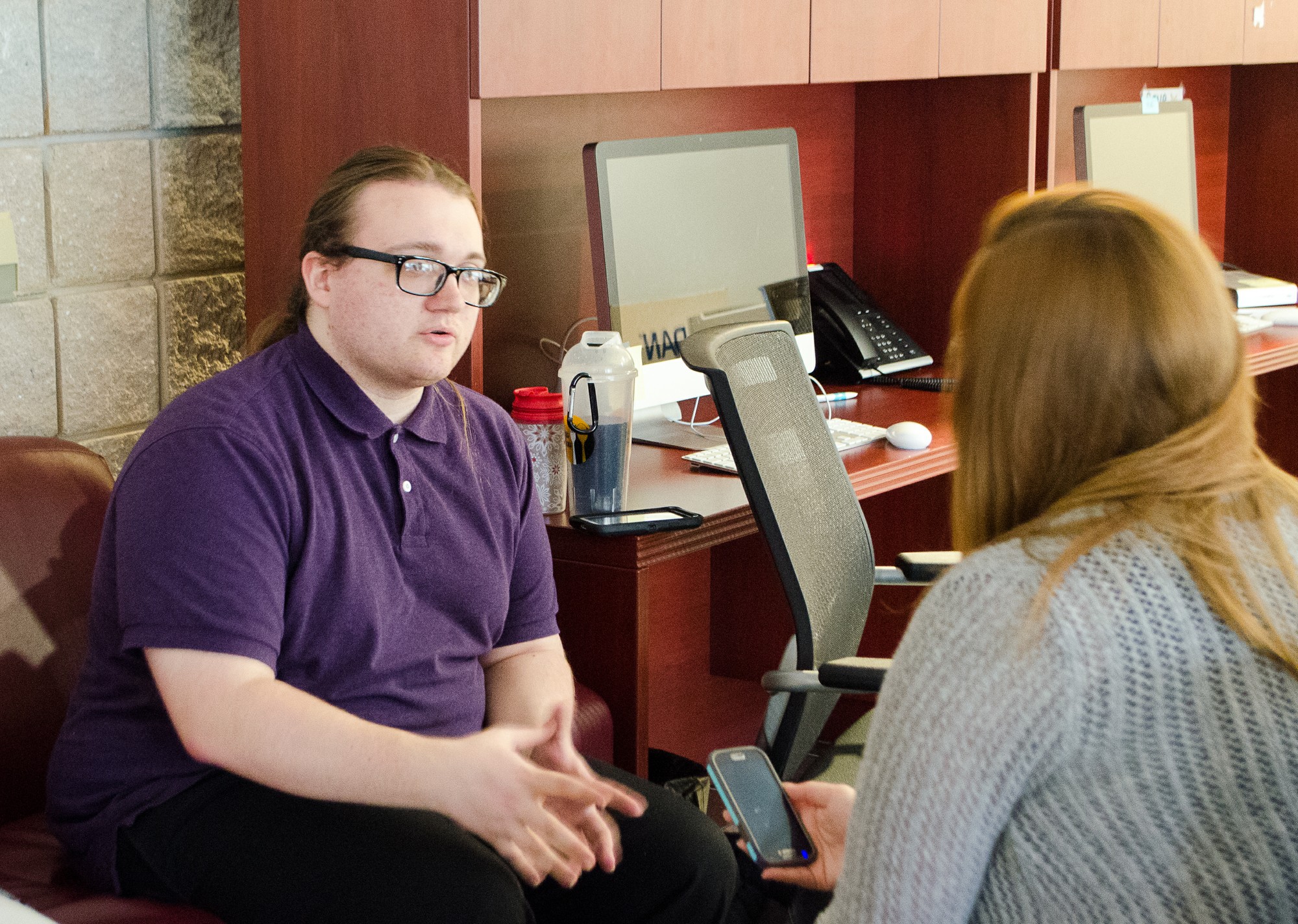Kennesaw State’s College of Science and Mathematics partnered with the Office of Student Advocacy to host a screening of “The Immortal Life of Henrietta Lacks” on Friday, Feb. 1, for KSU Creed Week.
The film follows Deborah Lacks’ search to “learn about the mother she never knew and understand how unauthorized harvesting of her mother’s cancerous cells led to unprecedented medical breakthroughs,” according to the film’s description on Owl Life.
Henrietta Lacks, an African-American mother of five, went to Johns Hopkins Hospital for vaginal bleeding and later, a large, cancerous tumor was found on her cervix. She then underwent radium treatments at John Hopkins, the only hospital at the time that was willing to treat poor African-Americans.
A doctor by the name of George Gey received Lacks’ tissues for examination without her permission. Gey found that her cells were vastly different from cells of past patients with cervical cancer. Lacks’ cells doubled every 20 to 24 hours while other cells died.
Regular cells go through programmed cell death and apoptosis, a type of cellular suicide. Usually, after 50 cellular divisions, PCD will occur. However, Lacks’ cancerous cells do not experience PCD and can also grow in a test tube and divide indefinitely.
The cells are known as “HeLa” cells, named for Lacks’ name, and they are used to study the effects of toxins, drugs, hormones and viruses on the growth of cancer cells without human experiments. HeLa cells were crucial to the development of the polio vaccine.
Lacks died at the age of 31 in October 1951.
Nicole Phillips, associate director of student advocacy at KSU, had a specific reason for choosing to show “The Immortal Life of Henrietta Lacks.”
“I want students who see the film to know that ethics matter,” Philips said. “Anyone who is aware of the story of Lacks and the use of her HeLa cells to further pharmaceutical research has potentially questioned the ethos of the collection of the cells or the lack of knowledge of compensation provided to her or her relatives for the use of her cells.”
Jennifer Louten, an associate professor of biology at KSU, hoped the film helped students consider the ethical and cultural implications of scientific and medical discoveries.
“The duty of the medical and scientific community [is] to maintain the public’s trust by protecting the rights of research subjects, ensuring that these advances occur in the most ethical means possible and considering the viewpoints of the public,” Louten said.
Creed Week was started in 2018 as a way to commemorate the effort of 25 programs at KSU that drafted the university’s Owl Creed. 2018 marked the 20th anniversary of the drafting of the Owl Creed. The Owl Creed is five action-oriented tenets that serve as aspirational values to secure the well-being and sense of community on campus.
Students can get involved with Student Advocacy and Creed Week by contacting Nicole Phillips or send a message to advocacy.kennesaw.edu.



